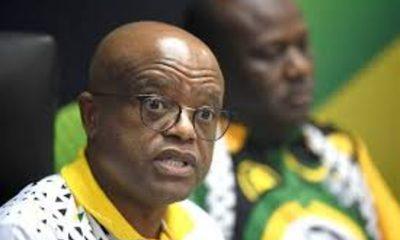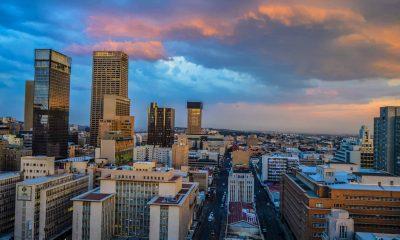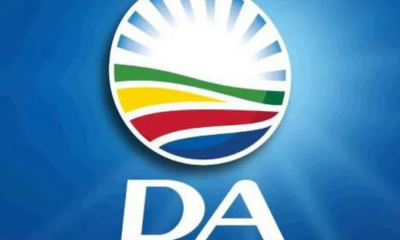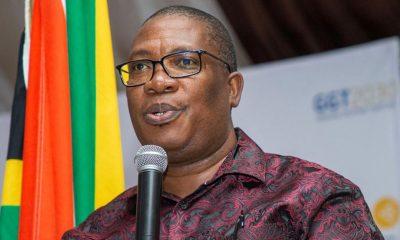411
Mayor Dada Morero Backtracks on Property Tax Hikes Amid Political Fallout
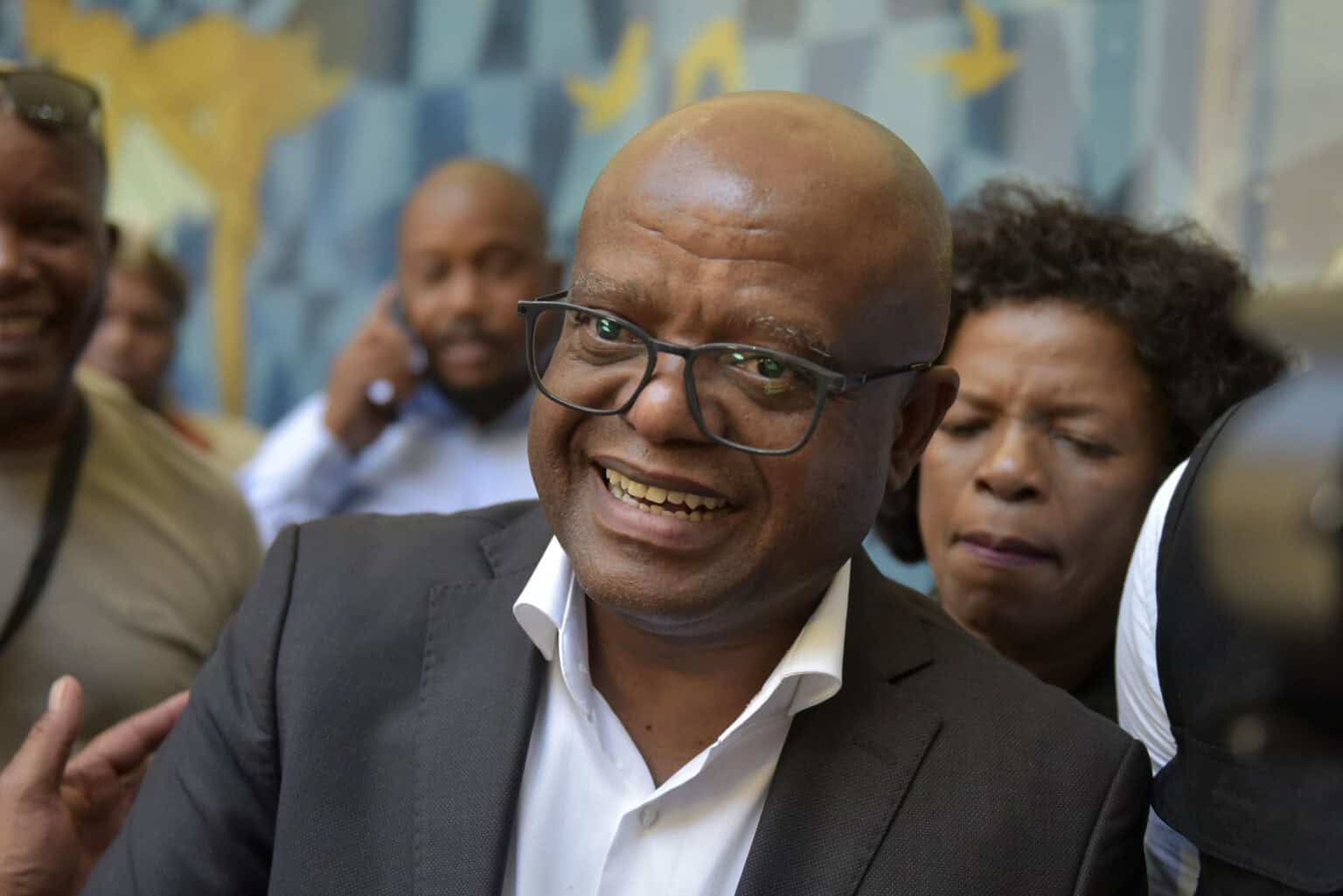
Mayor Dada Morero has scaled back his administration’s proposed property tax increases following intense backlash from coalition partners. The move mirrors tensions in the national government over the proposed VAT hike, highlighting the fragility of political alliances.
Coalition Rift Over Tax Proposals
The city’s R87.6 billion budget, approved in March, initially had the support of a 138-vote majority. However, coalition partners—including ActionSA, the Economic Freedom Fighters (EFF), and the Patriotic Alliance (PA)—later opposed aspects of the tax plan after new details surfaced. Tensions escalated when the city published the rate proposals online, prompting demands for revisions. In response, Morero acknowledged residents’ financial struggles and announced adjustments to reflect their “lived realities.”
“Households are already under immense financial strain. Every rand matters, and we must do everything possible to ease financial pressures,” said Morero.
Revised Tax and Tariff Increases
The revised tax plan includes the following adjustments:
-
Property tax: Increased by 4.6% from 1 July 2025—down from the initially proposed 5.6% but higher than the 3.8% increase for the current financial year.
-
Water and sanitation tariffs: Raised by 13.9%, still lower than the 15.8% increase sought by Rand Water.
-
Waste management fees: Increased by 6.6%.
-
Demand management levy: More than doubled to R65.06, up from R33.70.
The city also reversed its plan to lower the property tax exemption threshold from R300,000 to R200,000 after public pressure.
Electricity Surcharge Increase Dropped
Johannesburg had planned to raise its controversial prepaid electricity surcharge from R200 to R270, on top of a 12.51% electricity tariff hike in line with Eskom’s approved municipal increase of 12.74%. However, the city scrapped the surcharge increase, a move welcomed by consumer groups. Morero admitted the revisions would reduce projected revenue by nearly R1 billion but said the city must acknowledge the financial hardships facing residents.
Coalition Struggles and Political Fallout
At a budget consultation in Roodepoort, Morero defended the tariff increases as “moderate” but faced criticism from opposition parties. ActionSA’s Johannesburg chief whip, Lebogang Mogukanene, downplayed concerns that the tax dispute would fracture the city’s coalition. However, he warned that rising water and sanitation costs could worsen non-payment rates, further straining municipal finances.
The Democratic Alliance (DA) also attacked the tax hikes, arguing they would burden residents without fixing service delivery issues. DA finance spokesperson Chris Santana criticized the city for inefficiencies, pointing to the R900 million lost due to poor fine collection by the Johannesburg Metro Police Department (JMPD).
Also Read: City Power Expands Electricity Access Amid Joburg’s Informal Settlement Growth
Property Owners Push Back
Property owners have voiced growing frustration over rising municipal costs. Angela Rivers, chairperson of the Johannesburg Property Owners and Managers Association, accused the city of using ratepayers to plug budget gaps instead of addressing wasteful spending.
“They need to clean house, tighten up processes, and ensure staff do their jobs. R19 billion is spent on staff costs, yet service delivery is at its worst,” said Rivers.
She also warned that excessive taxes were driving tenants toward informal rentals, where they can avoid payments. This trend is eroding Johannesburg’s tax base while increasing the financial burden of providing free services to informal settlements.
Experts Warn of Long-Term Impact
Wayne Duvenage, CEO of the Organisation Undoing Tax Abuse (OUTA), warned that Johannesburg is following a national trend where tax increases are reaching unsustainable levels.
“The problem with Johannesburg’s tariffs is that owning property in the city is becoming too expensive. People and businesses are relocating elsewhere, which is not good for the city’s future,” said Duvenage.
He urged the mayor to focus on tackling waste, corruption, and mismanagement rather than continuously raising rates to fund municipal shortfalls. With budget battles heating up and opposition mounting, Johannesburg’s leadership faces a tough challenge—strike a balance between financial sustainability and preventing an exodus of businesses and taxpayers.
Follow Joburg ETC on Facebook, Twitter , TikTok and Instagram
For more News in Johannesburg, visit joburgetc.com
Sourced:Mail & Gaurdian
Picture: Neil McCartney

